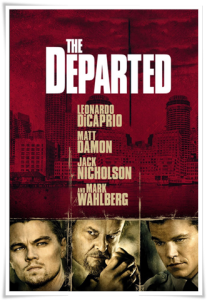Raison D’Etre
by Timothy Zahn, Analog (October, 1981), pp. 94-109.
SF short story envisaging an off-books government project where comatose, telepathic/telekinetic infants, kept like battery hens, have their powers harnessed to neutralise radioactive waste. While Zahn presents a challenging moral dilemma, the first-person segments (one subject’s burgeoning awareness) make for laborious reading.
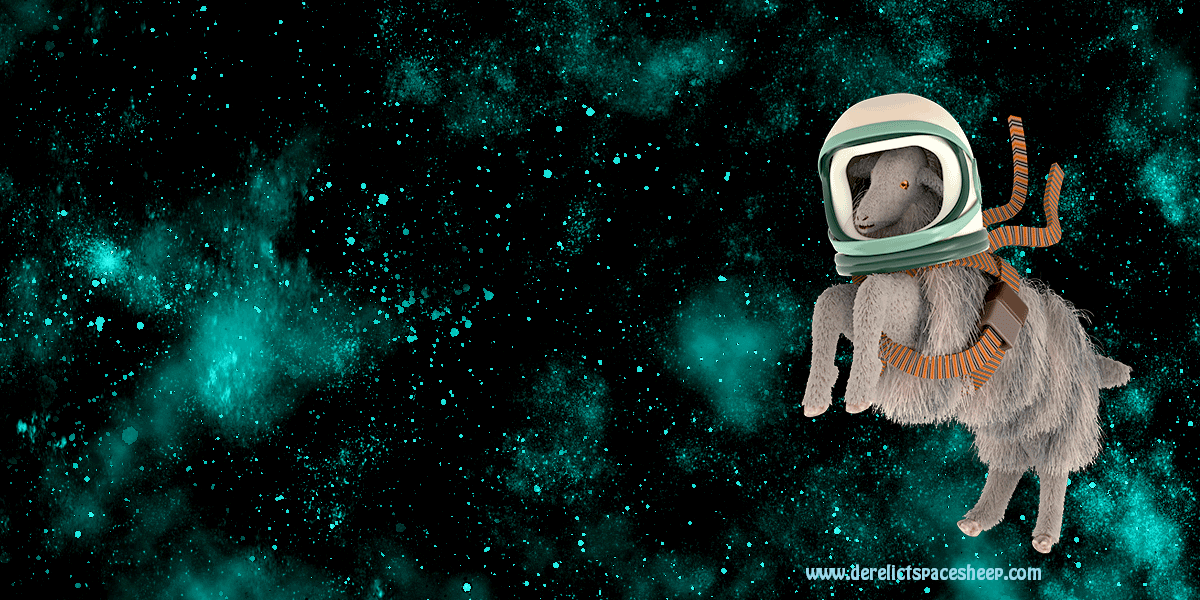
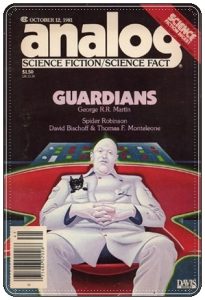
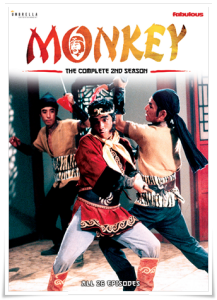
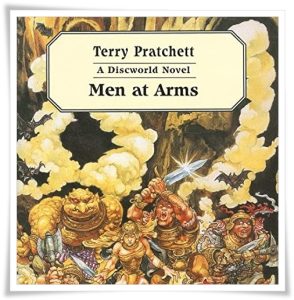
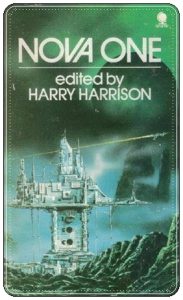

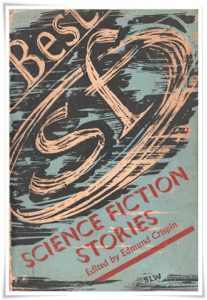

![TV poster: “Arne Dahl: Europa Blues” (SVT, 2012 / BBC, 2013) [subtitled]](https://www.derelictspacesheep.com/wp-content/uploads/2025/03/Arne-Dahl_Europa-Blues-218x300.png)
